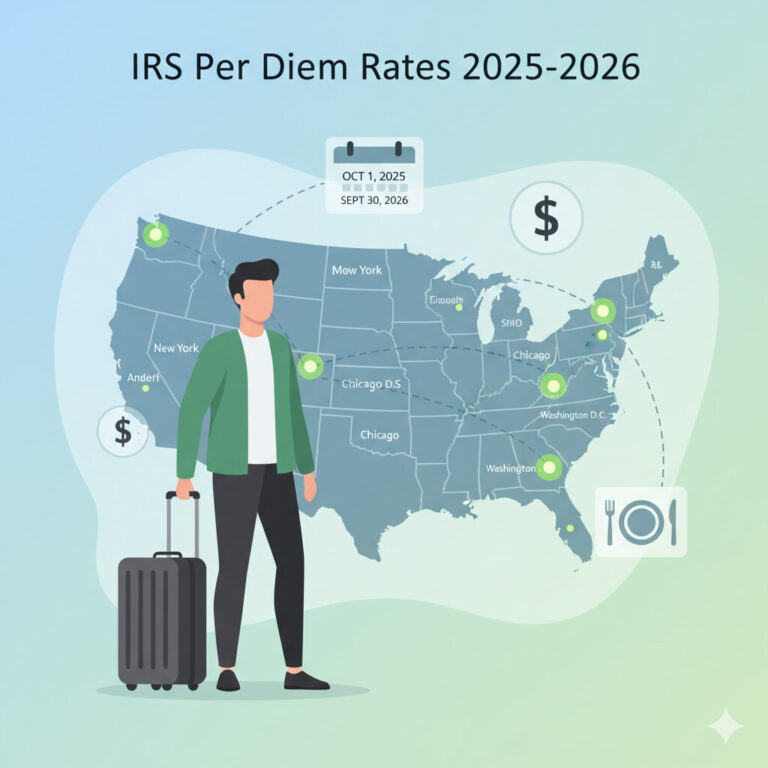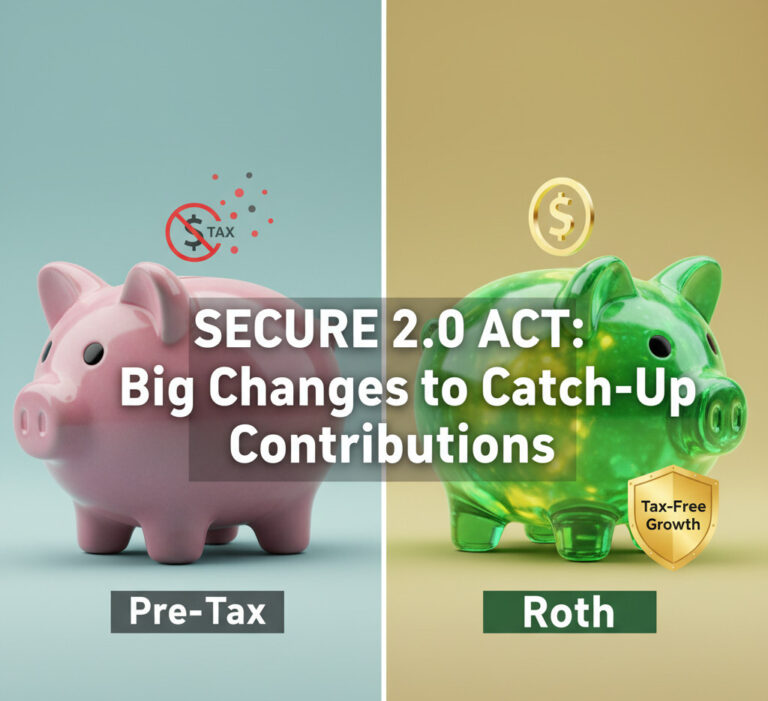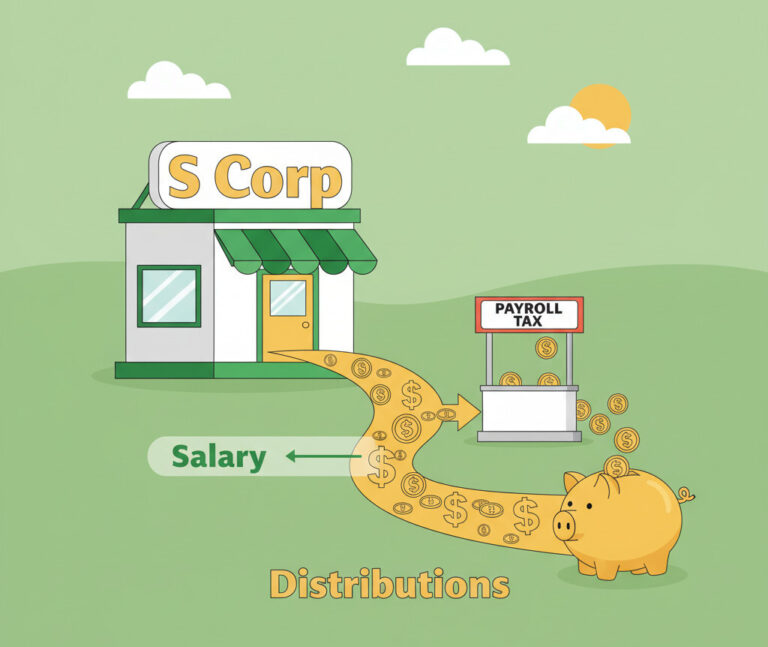he IRS in 2025: A Tale of Two Futures – More Funding vs. Political Headwinds. What Does It Mean for Taxpayers?
The Internal Revenue Service (IRS) is heading into 2025 on a contradictory path. On one hand, it’s empowered by significant funding from the Inflation Reduction Act (IRA) to enhance services and enforcement. On the other, it faces potential budget cuts, workforce reductions, and shifting priorities due to political pressures.
For U.S. taxpayers and businesses, this creates a climate of significant uncertainty. This post will break down these conflicting forces and expla
in what you need to watch for.
The Power of IRA Funding: A Stronger IRS?

The IRS is leveraging its supplemental funding from the IRA to strategically improve both Taxpayer Services and Enforcement. The primary goal is to increase compliance efforts targeting large corporations, complex partnerships, and high-income individuals.
This initiative includes hiring more enforcement staff and pushing forward with major technology modernization efforts to close the tax gap.
The Political Headwinds: A Weaker IRS?
Despite this funding boost, the agency faces considerable political headwinds. There are reports of potential workforce reductions, which could lead to RIF (Reduction in Force) notices. This could trigger a “brain drain” of the most experienced agents.
Furthermore, potential budget cuts and a shift in priorities away from high-earner enforcement could impact the agency’s overall effectiveness and long-term planning.
What This Uncertainty Means for You (The Taxpayer)
This push-and-pull dynamic at the IRS creates a volatile environment for taxpayers. Key areas of concern include:
- Inconsistent Service Levels: While new digital tools may be available, a reduction in staff could lead to longer wait times and difficulties in resolving complex issues.
- Volatile Enforcement Priorities: Audit priorities could swing dramatically based on the political climate, eroding taxpayer trust and the sense of fairness in voluntary compliance.
- The Critical Need for Preparedness: In this unpredictable environment, meticulous record-keeping and proactive tax planning are more critical than ever to mitigate risks.
Conclusion: Prepare for Anything
Navigating the 2025 tax year requires more than just following the rules; it requires anticipating change. With the IRS being pulled in two different directions, the best strategy is to be prepared for any scenario.
Having an expert accounting partner to monitor these shifts and advise on flexible strategies is no longer a luxury—it’s a necessity.
Ready Your Business for 2025
Is your business prepared for the uncertainty ahead? Contact SW Accounting & Consulting Corp. today for a strategic review of your tax planning and ensure you are positioned for success, no matter which direction the IRS heads.








